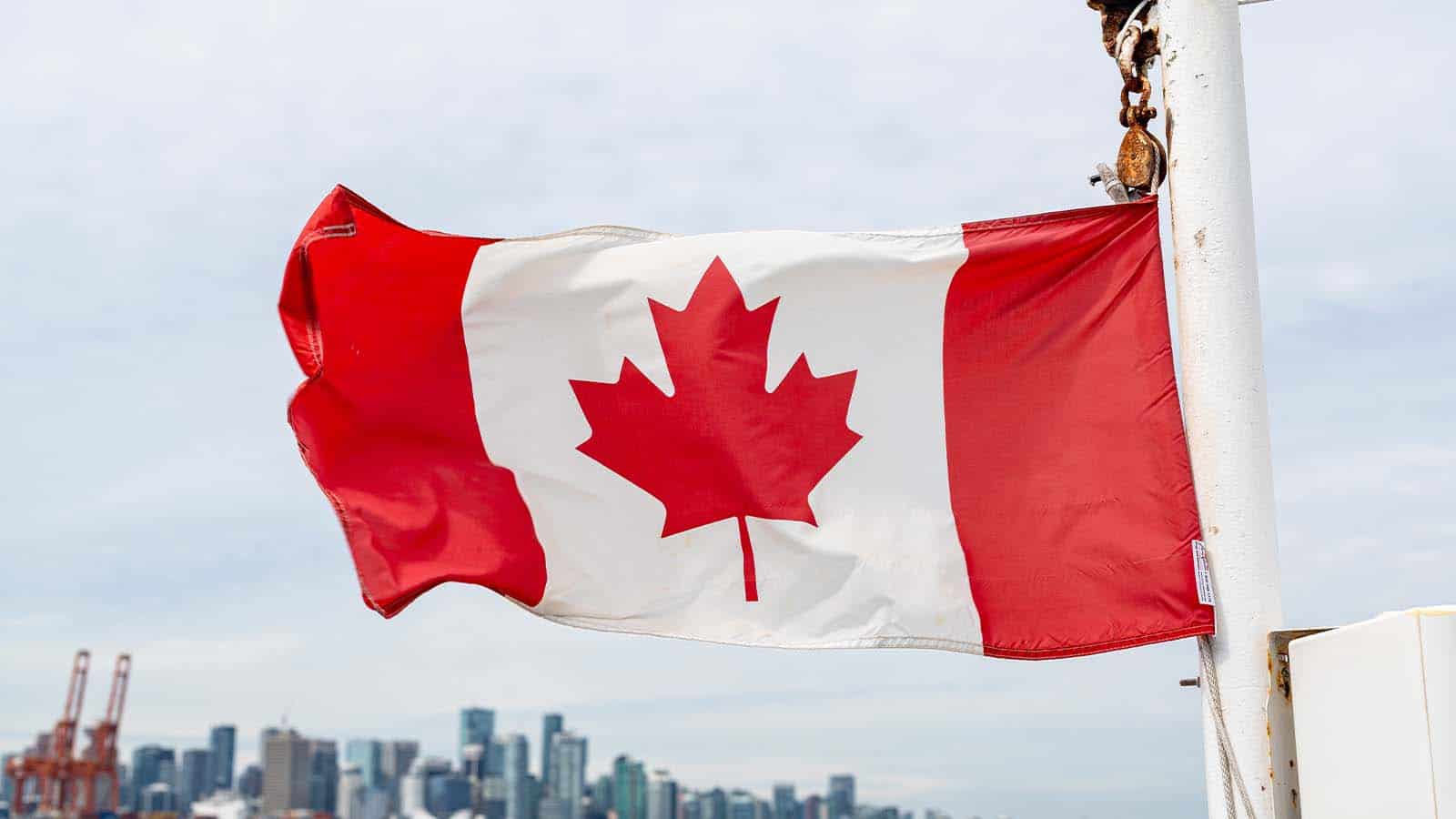
Ending Flagpoling for Work and Study Permits at the Border: Key Changes Announced
The Government of Canada, as part of its Border Plan, has announced the termination of flagpoling for work and study permits at the Canadian border, effective at 11:59 pm ET on December 23, 2024. This change is aimed at enhancing border security and improving the efficiency of border operations for both Canada and the U.S.
Table of Contents
- Introduction
- What Is Flagpoling?
- Reasons for Ending Flagpoling
- What This Means for Travelers
- Limited Exemptions for Flagpoling
- Government Quotes
- Quick Facts
- Conclusion
1. Introduction
Flagpoling, a process where foreign nationals with temporary resident status in Canada leave the country, visit the U.S. or St. Pierre and Miquelon, and then re-enter Canada to access immigration services, will no longer be allowed for obtaining work or study permits at Canadian ports of entry. This change is part of Canada’s broader strategy to improve border management, streamline immigration procedures, and prioritize enforcement activities.
2. What Is Flagpoling?
Flagpoling occurs when individuals, typically holding temporary resident status in Canada, leave the country for a brief period and then re-enter through a Canadian port of entry. By doing so, they access immigration services, such as applying for or renewing work and study permits. Although this practice was once common, it has increasingly strained resources at the border.
3. Reasons for Ending Flagpoling
The primary reason for ending flagpoling is the strain it places on Canadian and U.S. border officers. Flagpoling diverts these officers from critical enforcement duties and contributes to longer wait times for all travelers. Additionally, immigration services are designed to support individuals arriving in Canada, not those already within the country. By requiring individuals to submit applications for work and study permits directly to Immigration, Refugees and Citizenship Canada (IRCC), the government aims to ensure a more efficient and secure process.
4. What This Means for Travelers
Effective immediately, foreign nationals attempting to flagpole for a work or study permit will be instructed to submit their applications directly to IRCC. Only individuals who qualify for specific exemptions will be able to process work and study permits at the border. This change is designed to streamline border operations and improve overall border security for both countries.
5. Limited Exemptions for Flagpoling
Although flagpoling will be discontinued for most applicants, a few exemptions remain. These include:
- U.S. Citizens and Permanent Residents: U.S. citizens and lawful permanent residents are still eligible to process work or study permits at the border.
- Free Trade Agreement Professionals and Technicians: Individuals under agreements like the U.S./Mexico-Canada Agreement (USMCA) or other free trade deals (with Chile, Panama, Peru, Colombia, and South Korea) may still be eligible.
- Spouses of Free Trade Professionals: Spouses or common-law partners of professionals under these agreements may qualify as well.
- International Truck Drivers: Work permit holders who need to leave Canada for employment purposes may flagpole if they have maintained status by applying for permit renewal before departure.
- Pre-scheduled Appointments: Individuals who have already booked an appointment with the Canada Border Services Agency (CBSA) for permit processing may still qualify.
6. Government Quotes
The Honourable David J. McGuinty, Minister of Public Safety, stated, “This change will enable us to further streamline activities at our ports of entry and allow Canadian and American border officers to focus on what they have been expertly trained to do – border enforcement.”
The Honourable Marc Miller, Minister of Immigration, Refugees and Citizenship, emphasized, “A strong Canada-U.S. relationship keeps people and goods moving safely while protecting both sides of the border. Flagpoling is unnecessary and diverts resources from critical enforcement activities. This change will ease border congestion, improve fairness for applicants, and enhance the efficiency and security of our borders.”
7. Quick Facts
- Flagpoling Statistics: Between April 1, 2023, and March 31, 2024, over 69,300 flagpolers were processed across Canada, with the highest volumes in the Pacific, Southern Ontario, and Quebec regions.
- Exemptions: While flagpoling will generally no longer be allowed, several specific exemptions remain, such as U.S. citizens, professionals under trade agreements, and certain truck drivers.
8. Conclusion
The end of flagpoling for work and study permits at Canadian ports of entry marks a significant shift in how immigration services are provided. By requiring individuals to submit their applications through IRCC, the government aims to reduce border congestion, improve security, and ensure that resources are focused on enforcement. Those affected by this change should be aware of the limited exceptions and adjust their application processes accordingly.
For a free consultation about your work permit and student permit options, reach out to the CAD IMMIGRATION today!




